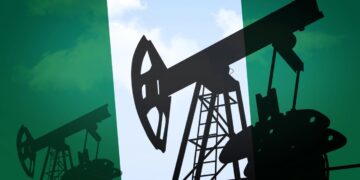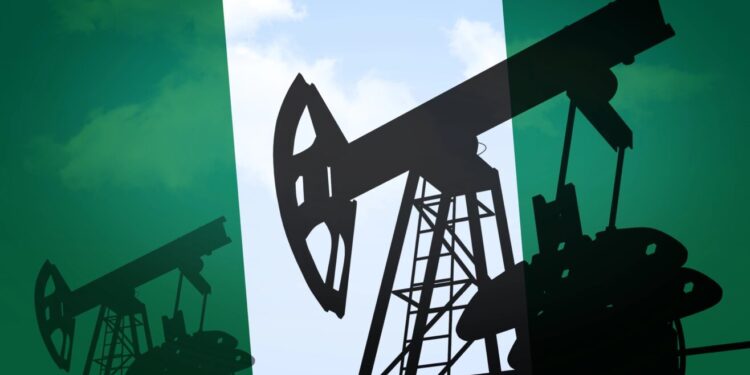By John Ikani
In a surprising reversal, Nigeria’s government has admitted it will spend a staggering N5.4 trillion on fuel subsidies in 2024.
This comes after months of persistent denials from officials who insisted subsidies were a thing of the past.
Finance Minister Wale Edun made the disclosure while delivering a presentation on the Accelerated Stabilization and Advancement Plan (ASAP).
The plan aims to tackle key challenges hindering economic reforms and boost growth across various sectors.
According to a draft copy of the ASAP, “fuel subsidy expenditure is projected to reach N5.4 trillion by year-end 2024.” This marks a significant increase from N3.6 trillion in 2023 and N2.0 trillion in 2022.
Previously, the government had maintained a firm stance on ending fuel subsidies and transitioning towards deregulation.
In April, Minister of State for Petroleum Resources (Oil) Heineken Lokpobiri declared, “The President removed the subsidy… Anyone claiming otherwise needs to provide facts.”
This sudden shift raises questions about the true cost of fuel subsidies and their impact on Nigeria’s economic stability.
The ASAP plan suggests the government may be re-evaluating its deregulation strategy.




































